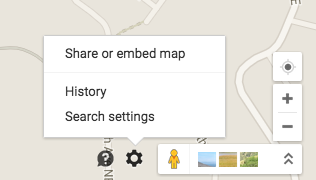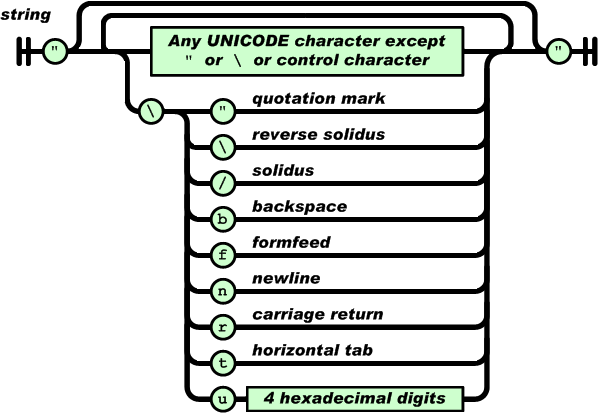The Google Maps interface has changed, and it’s hard to tell how to share a location from a dropped pin or a business you want to find.Perhaps you’d like to make an easy short link to your house that you…
Category: Google
Which JSON library should I use in my Android and Java projects?
JSON.org is where you start; this is the prepackaged JSON found in Oracle and Open Java Development Kits. The home page is a useful resource to see all the different JSON libraries out there for all different languages. GSON is…

